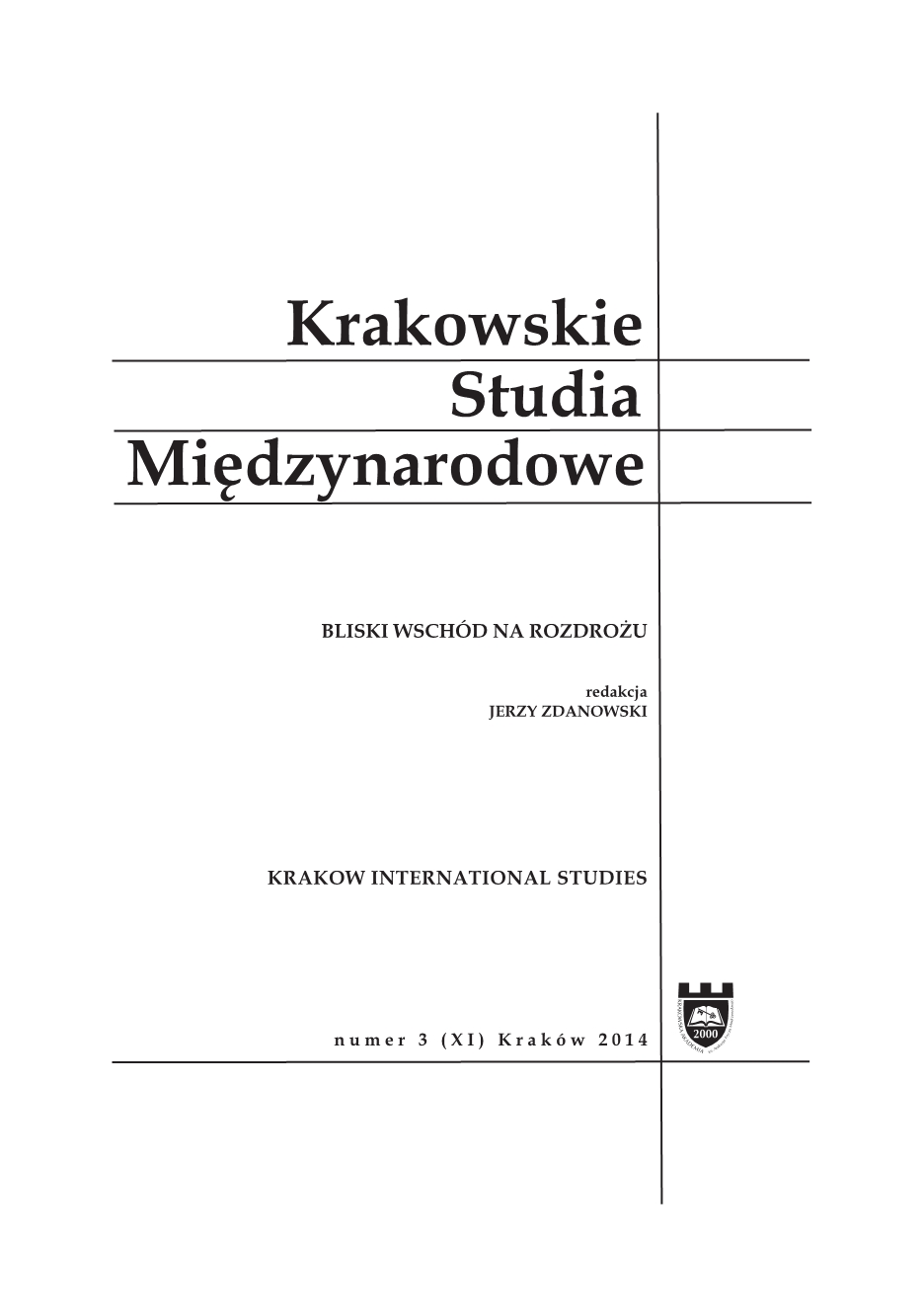Salafici w Egipcie i Tunezji w obliczu Arabskiej Wiosny
Salafists in Egypt and Tunisia after the Arab Spring
Author(s): Rachela Tonta, Konrad PędziwiatrSubject(s): Islam studies, Politics and religion, History of Islam, Contemporary Islamic Thought
Published by: Oficyna Wydawnicza AFM Uniwersytetu Andrzeja Frycza Modrzewskiego w Krakowie
Keywords: Salafism; Arab Spring; Islamism;
Summary/Abstract: One of the results of the Arab Spring, both in Egypt and Tunisia, was rise in popularity of the ultraconservative Salafi movement. Despite one-sided media coverage, Salafists cannot be equated only with violence, because the vast majority of its members have taken a quietist approach rejecting not only violence, but any form of political commitment. This does not change the fact, however, that due to the doctrine adopted by Salafists, the boundary between quietism and political activity, and finally the use of violence is not clearly defined. It means that members of the movement, who previously declared themselves to be apolitical, can easily decide to engage in radical actions. The aim of this article is to draw attention to the ideological roots of Salafism, its internal divisions with regard to political commitment, and to analyse the development of the Salafi movement in Egypt and Tunisia before and after Arab Spring. It will also attempt to assess the possible development of this movement in the near future.
Journal: Krakowskie Studia Międzynarodowe
- Issue Year: XI/2014
- Issue No: 3
- Page Range: 51-71
- Page Count: 21
- Language: Polish

